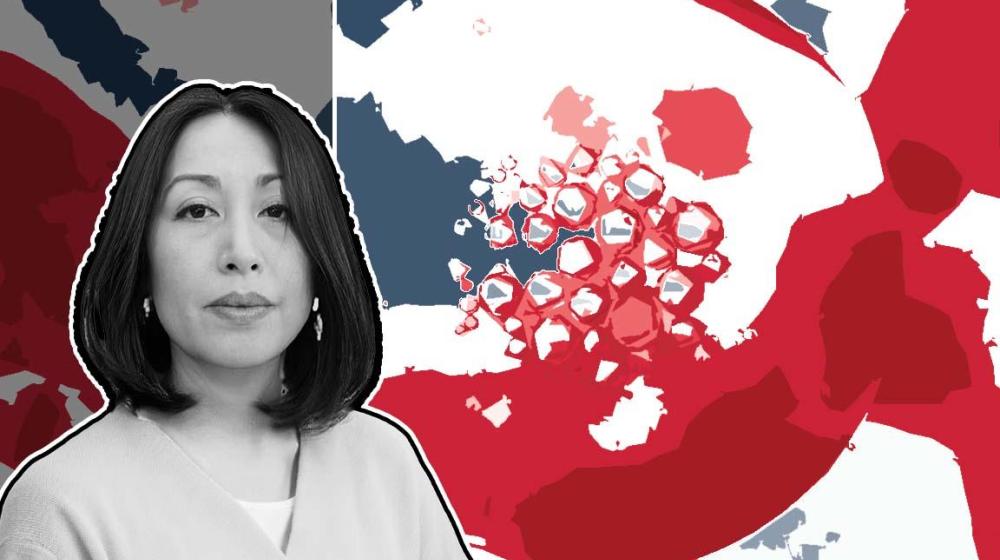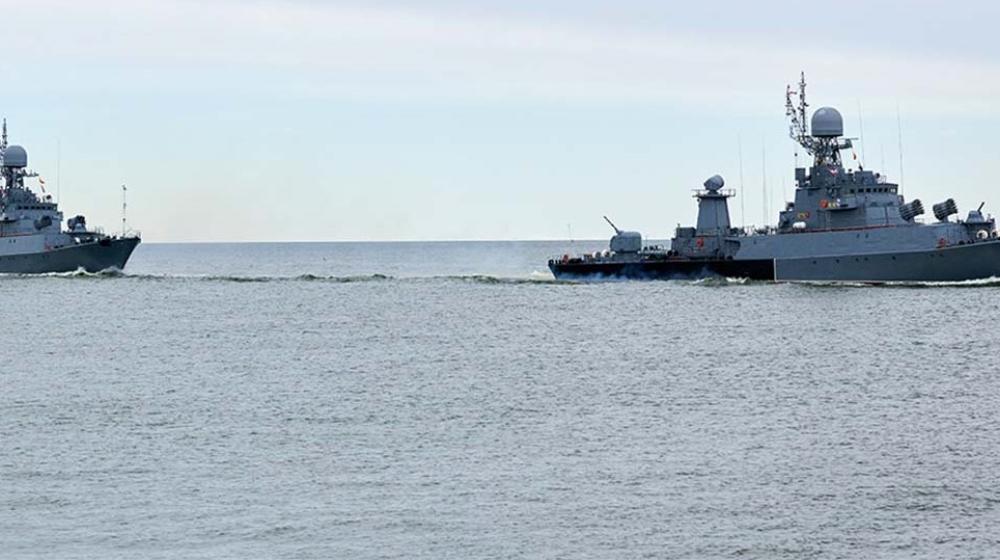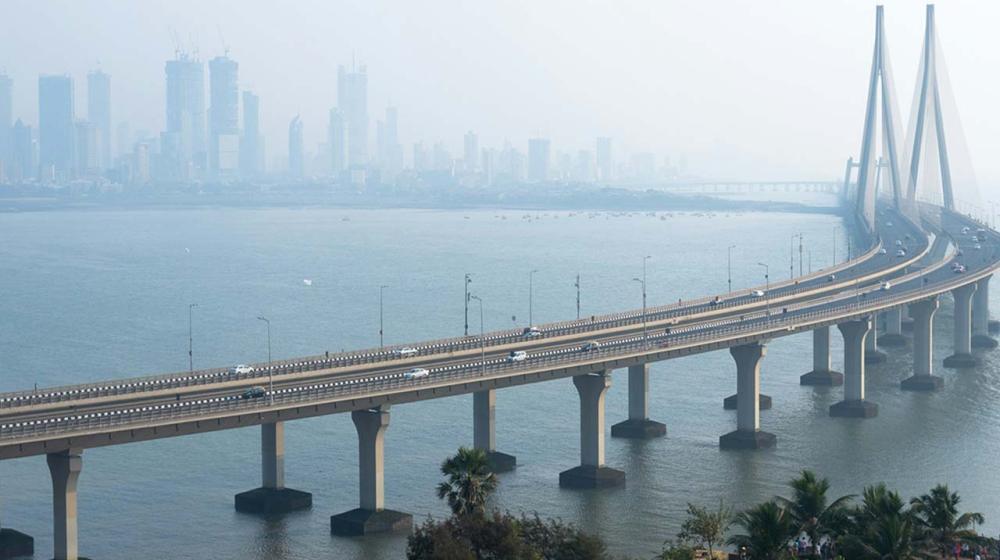Over the last decade, the global economic and strategic balance has been shifting eastwards. Asia is the largest and the most populous continent, with China and India alone already accounting for one-third of the global population. Asia is home to some of the world’s most dynamic and fastest growing economies, but also to some most complex security hotspots. From tensions on the Korean Peninsula to maritime territorial disputes in the East and South China Seas, there are a number of issues which have the potential to spark more serious conflict. The rise of China is affecting the balance of power in the region, and has resulted in increased competition with the US for influence. This is also increasingly visible in the Indian Ocean, which has become a new theatre of strategic competition between China and India. While there are various multilateral cooperative mechanisms in the region, such as the ASEAN Regional Forum (ARF) or the East Asia Summit, their capacity to address such security issues remains limited.
As a key trading partner of many Asian economies, the EU has a major stake in regional stability, as well as in the security of its Sea Lanes of Communication. Since announcing its ‘pivot to Asia’ in 2012, Brussels has been trying to step up its security role in Asia by boosting cooperation with its various Strategic Partners, as well as through existing multilateral fora. The EUISS has been working to support these efforts by providing relevant expertise and analysis and conducting research in domains that have the potential to enhance regional stability and raise the EU’s security profile. Key areas of focus are maritime security and governance, preventive diplomacy, confidence and capacity building, crisis prevention, multilateralism, regional integration and institution building.
Given Trump’s unpredictable foreign policy, in the Indo-Pacific the EU may find itself compelled to act with greater independence in an economically and geopolitically critical region.
The Indo-Pacific, a region marked by complex geopolitics, faces unique challenges in ensuring the security of its submarine cables. For the EU, the vulnerability of undersea communications cables poses a strategic risk, calling for more proactive measures to protect this critical...
The EU’s foreign and security policy is in urgent need of a reboot. As a new EU leadership takes the helm, we propose 10 ambitious yet actionable ideas to propel EU foreign policy forward.
We set out an economic deterrence action plan that outlines the steps the EU would have to take to – as effectively as possible – contribute to preventing military conflict.
China and Russia have increased their military cooperation, regularly conducting joint exercises in or near disputed areas or adversaries’ waters. The EU must closely monitor the locations, nature and objectives of these exercises to gain insight into Moscow & Beijing’s...
The ambitious India-Middle East-Europe Economic Corridor project aims to boost trade and connectivity between Asia and Europe. But the initiative faces geopolitical, financial & logistical challenges. How can the EU tap into the project's economic & geostrategic opportunities?
What will the outcome of India’s general elections mean not just for India but for the EU? Both are facing an existential moment: India as a rising power seeking its place between the ‘like-minded’ and the ‘non-like-minded’, and the EU as a normative actor obliged to adapt to an...
Contestation dynamics have intensified in recent years, to the point they are now driving global politics. We explore the convergence of diverse challenges to the current international order and how European leaders and policymakers should navigate this new reality.
It seems likely that India will use this year’s edition of the Raisina Dialogue to showcase its prowess on the global diplomatic stage – also with the upcoming elections in mind. But for ‘India’s Moment’ to come to fruition, the country’s rulers need to look beyond foreign policy...
In this Chaillot Paper, both European and Indian experts explore how the EU and India might seize new opportunities for strategic partnership while highlighting underlying differences in outlook across critical issue areas.









